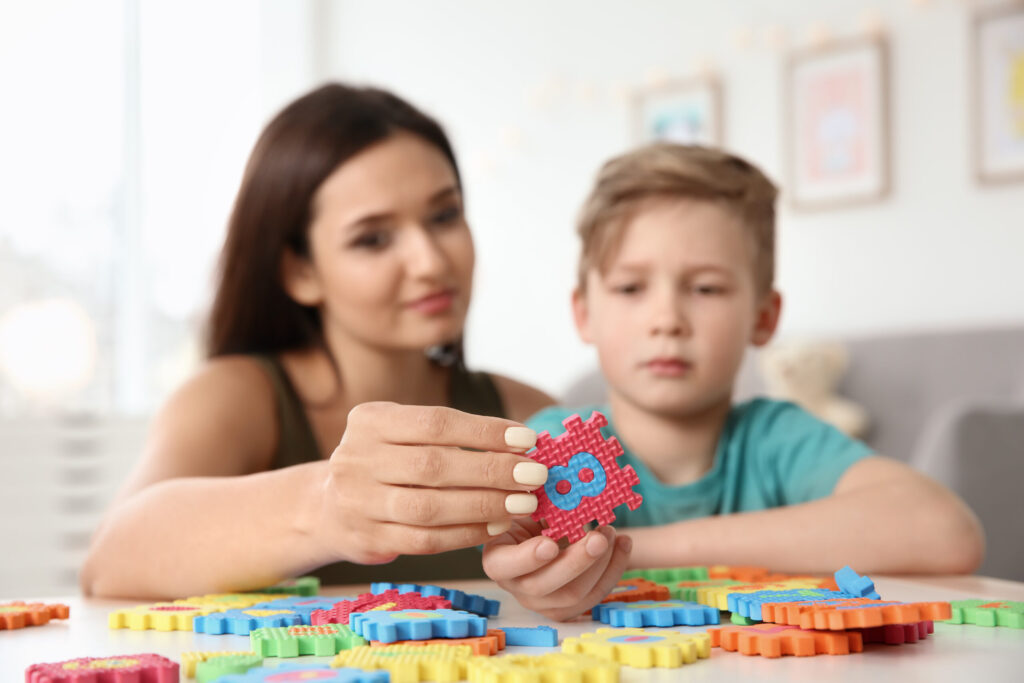Parenting Those With Autism During the Pandemic

Parenting amid the COVID-19 pandemic and during stay-at-home orders present an array of new challenges for many parents. But for parents of children or young adults who have autism, parenting during this time creates unique and perhaps even more difficult challenges.
Individuals with autism may be confused about what is happening. Depending on where they are on the spectrum, it can be difficult for parents to communicate to their child why they are not getting on the bus in the morning, spending time with those they used to spend time with, and doing their regular activities and outings. Children and adults with autism tend to depend on routines to comfort and calm themselves.
With their former routines completely disrupted, and services and resources less available, or, in some cases, completely unavailable, children and adults with autism may have an especially difficult time adjusting to this new normal. People with autism like to know what to expect, so having a lot of unstructured time, as most do now, can be very difficult for them. While schools and therapists offer online help, parents may find that their children are less engaged with these virtual offerings. This a confusing new world to navigate.
Here are five tips for parents of children or young adults who have autism:
- Develop a daily routine and schedule – Even if you can’t recreate their pre-pandemic routines, keep up the routines that you can such as bath time, mealtime, and bedtime. Add in what you can, like times for chores, schoolwork, exercise, music time, movie hour, etc. Consider posting the new routine for all the family to see.
- Choose your battles – Parents may notice more meltdowns, especially with kids and young adults who are highly resistant to change.
- Try to model calm behavior – Individuals with autism tend to pick up on, and sometimes mirror, the emotions of their caregivers. So even if you are feeling anxious during this uncertain time, do your best to present your calm self to your autistic child.
- Include them – Try to include your child in activities whenever and wherever you can, such as cooking, virtual calls with family or friends, gardening, and taking walks.
- Find time for yourself – Parenting children or young adults with autism can be challenging at any time. Particularly now, practice whatever self-care would help you decrease your stress level and feel nurturing.
